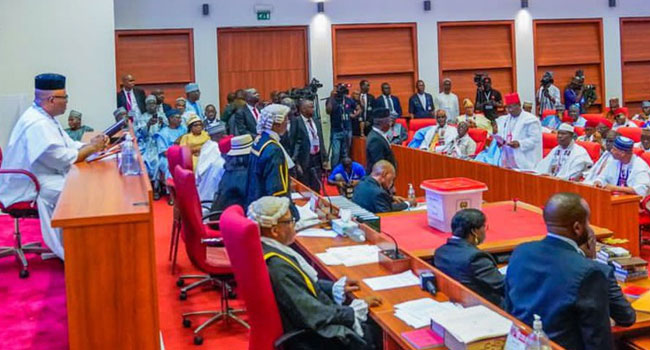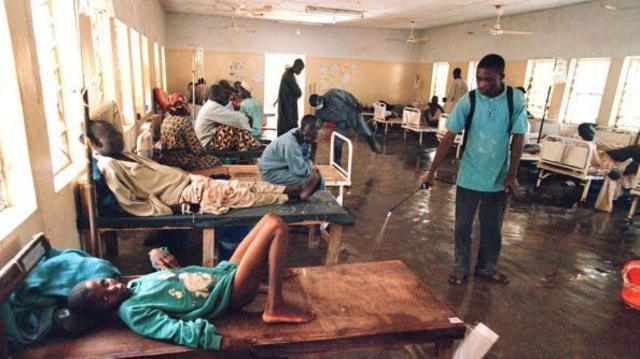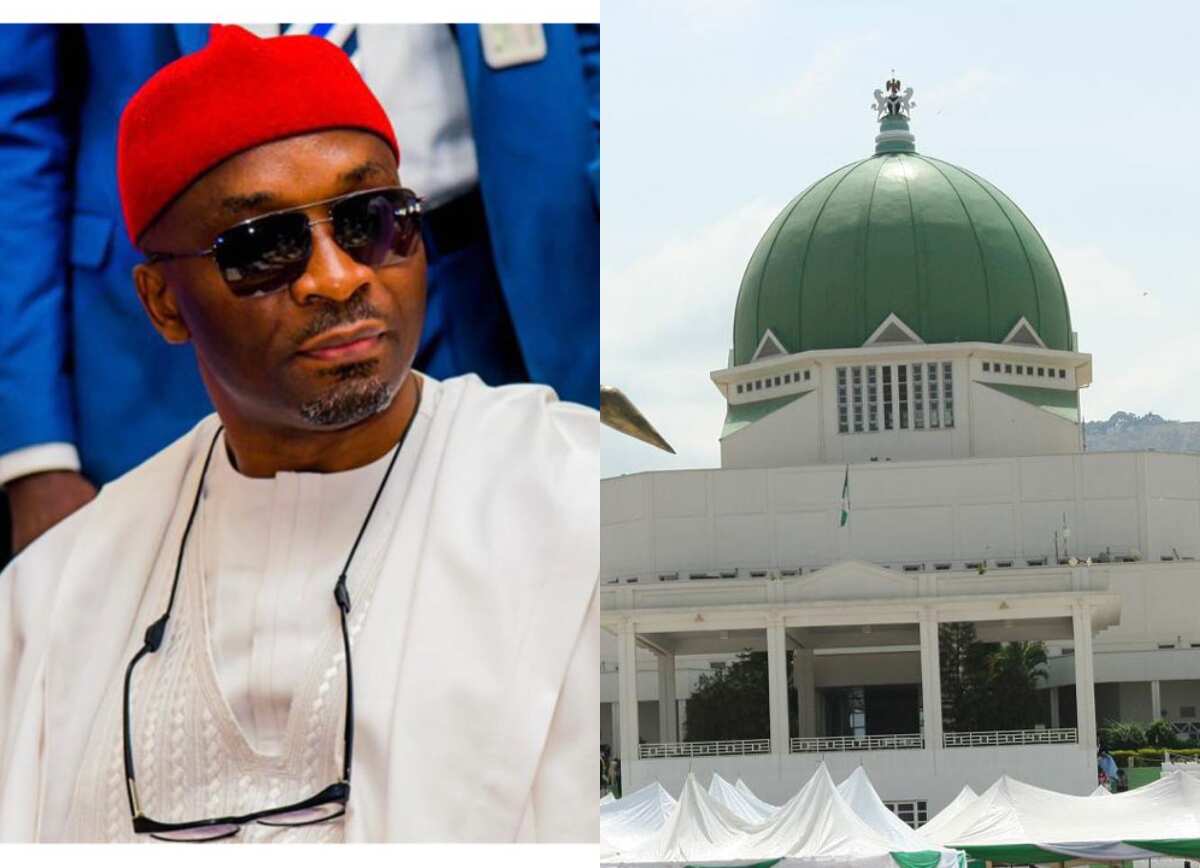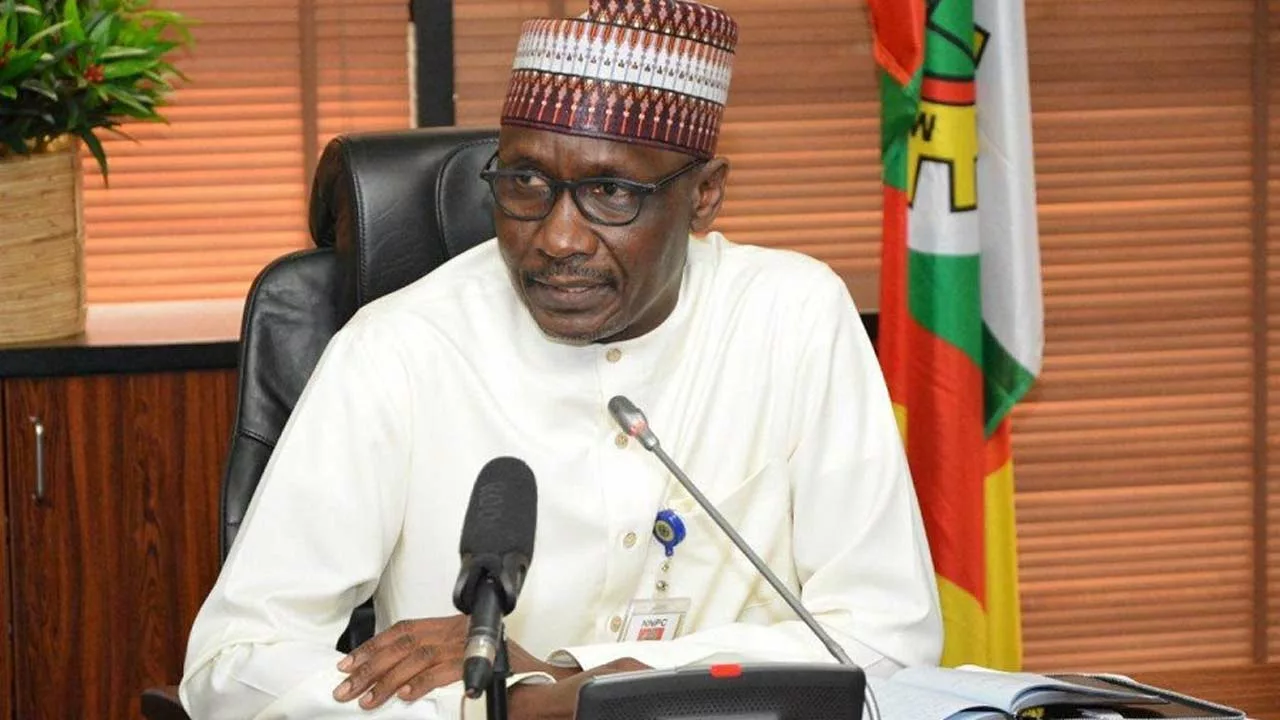The International Monetary Fund (IMF) has warned Nigerian authorities that unless they do something urgent on revenue generation, debt servicing may swallow 100% of the country's revenue by the year 2026. IMF representative for Nigeria, Ari Aisen made his known today while presenting the Sub-Saharan Africa Regional Economic Outlook report. According to him, in the macro-fiscal stress test conducted on Nigeria, interest payments on the debt in the next four years may gulp the whole of the country’s revenue unless alternative revenue generation is found.
Recall it was reported this year that the federal government spent N4.2trn on debt servicing alone between January and November 2021 which stand at 76% of the country’s revenue of N5.5tn generated which is scary.
Meanwhile, this year, the federal government is also mulling spending about N3.6tn for the debt servicing which is about 34% of the year 2022 projected revenue of the federal government.
Nigeria currently owes N39.5tn as of December 2021 and is projected to borrow more to reach N45.95tn before the end of the year 2022 according to the Debt Management Office.
The IMF expert while explaining said, it was worrisome that many African countries including Nigeria are gradually sliding back into debt crises unless the source of revenue generation is discovered.
In his statement, Aisen said, “The biggest critical aspect for Nigeria is that we have done a macro-fiscal stress test, and what you observe is the interest payments as a share of revenue and as you see us in terms of the baseline from the federal government of Nigeria, the revenue almost 100 percent is projected by 2026 to be taken by debt service.
“So, the fiscal space or the amount of revenues that will be needed, and this without considering any shock is that most of the revenues of the federal government are now, in fact, 89 percent and it will continue if nothing is done to be taken by debt service.
“It is a reflection of the low revenue of the country. The country needs to mobilize more revenue to be able to have macroeconomic stability. It has become an existential issue for Nigeria.”
He laments that during this critical period when the oil price is high, Nigeria should have taken advantage to save more, but a subsidy on the product is driving the country backward.
He disclosed that currently, the country is paying about N500 billion on subsidies monthly, it is projected that the country may pay higher before the end of the year.
However, he expressed optimism that when the ongoing Dangote refinery comes into operation, it may lessen the cost of importation of petroleum products for the country.
Meanwhile, soaring food prices and the general election of next year are serious threats to the economy.
In his statement, “persisting insecurity, particularly, banditry and kidnapping coupled with the forthcoming 2023 elections that may affect the performance of the economy”.
The IMF Rep explained that Nigeria received $3.4bn in Special Drawing Rights and an equal amount in addition to a loan from the Fund, bringing the total loan since 2020 to $6.8bn.
Meanwhile, the Director-General of the budget office, Ben Akabueze disagreed with the IMF debt service visa-viz revenue generation but admitted that the country is bleeding under debt servicing.










.jpg)










